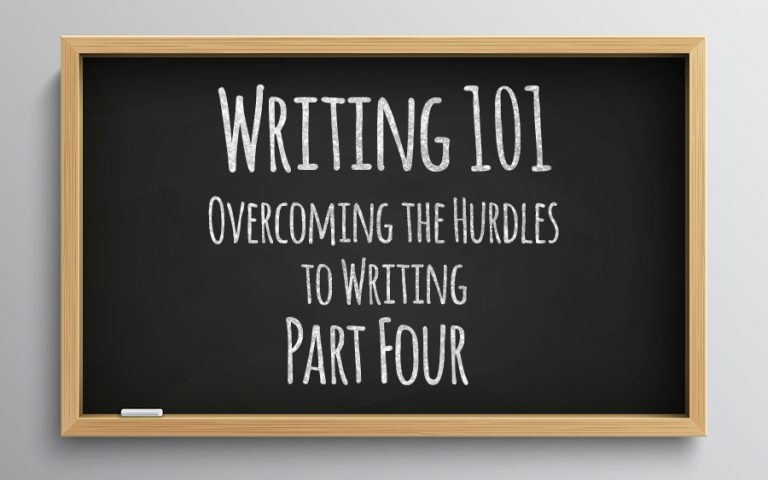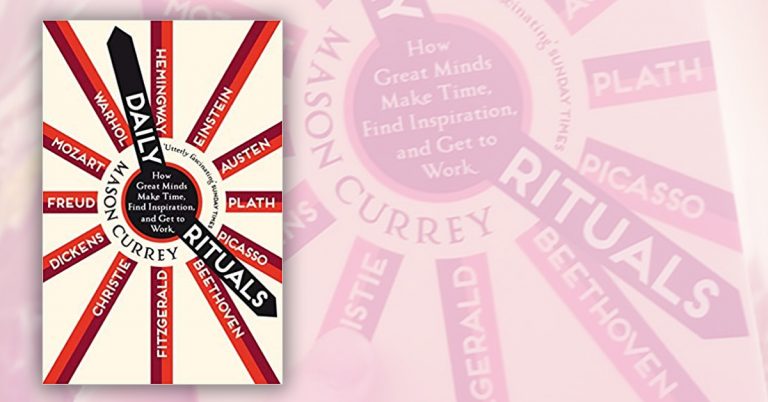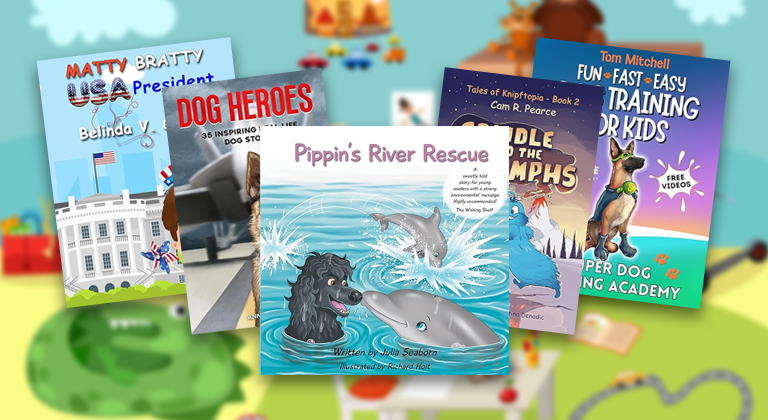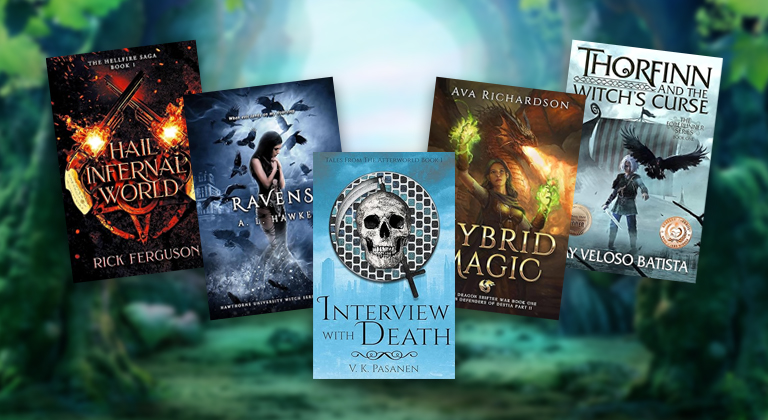Combined Knowledge: You and Your Subject Matter Expert
We’ve published articles in the past about the importance of writing what you know vs writing to market, or about using personal experiences to fuel your stories – but what about when you want to step outside of your comfort zone? In that case, you need to do your research. Author Robin Reardon has a lot of experience with this, and today she’s giving us her advice on when you can research something on your own, or when (and how) it’s better to find and contact a subject matter expert.
There’s a maxim fiction authors hear all the time: Write what you know. That’s fine, as far as it goes. But does it go far enough? Not for me. But sometimes I need help.
Because while much of fiction writing is making up stories, many novels are grounded in real world settings, touch on historical events, or include characters with a variety of personality traits or professions. If authors stick only to what they’re personally familiar with, they would be severely limited in what stories they could tell.
Yet your readers may be familiar with those things – in fact those specific details may even be what drew them to your book in the first place, which means you have to make sure that you get your facts right – and that means doing your research.
And there are a variety of ways to do that.
I Started with What I Knew….
As I began my first novel, a friend (not a writer) told me I was crazy, writing from the point of view of a gay teenager. “Write what you know,” she admonished me, as if she knew.
Actually I did have a few things going for me, writing in this niche. I knew my best fiction writing voice is that of a teenager. I’d seen some of the challenges my gay friends had faced from homophobia and ignorance. I had three brothers, so I’m familiar with the male teen gestalt. As someone of a certain age, I have a wealth of personal experiences to draw upon. And, being a straight woman, I know what it feels like to want a man.
It worked. Reviewers of my early novels referred to me as a gay man (I’m het/cis/female), and readers at first had the same initial impression. So I began relying on my own base of knowledge and experience. But I didn’t stop there.
Venturing Into New Territory
My stories have included many topics that would have been beyond my reach if I’d stuck to what I knew. Here’s a very short list:
- A gay teen’s experience inside an “ex-gay” camp
- Dog behavior
- The relationship between the disorder porphyria and the belief in vampires
- Neo-Paganism
- The struggles of a soldier with PTSD
I’m convinced that my work is richer because I didn’t shy away from including these things, even if I didn’t know much about them at first. In fact, although I avoid the phrase “make a difference,” I think I’ve shone a sympathetic light on a number of sensitive topics.
So let’s dig in to how I do my research.
RESEARCH vs. SMEs
(Quick disclaimer: I write fiction, so I will not be addressing footnotes, bibliographies, etc.)
There are two main ways to gather info. Simple research, or by finding and contacting a subject matter expert (SME).
Asking myself these questions helps me determine which route to take.
- If a topic is sensitive or potentially offensive, do I have enough personal experience to augment research and avoid offending/misrepresenting? Am I sure?
- Is the topic peripheral or central to the story?
- If I go deep enough into the topic to require an SME, will I lose readers who don’t want to know as much about it as I might include?
- Is one-way information enough? Or does doing justice to the topic require that I ask questions and maybe have an expert read what I’ve written? If the latter, do I need an authoritative expert or just someone with deeper knowledge?
Research and One-Way SMEs
The internet can be an unreliable resource at times. I use it extensively, but carefully. It’s rife with one-way SMEs—knowledgeable individuals who publish online (professional articles, or personal experiences).
My novel Waiting for Walker features an Afghani Muslim woman (not the protagonist) who moves to the US. I watched some documentaries; I read Irshad Manji’s The Trouble with Islam Today; and I read online accounts by Muslim women in similar situations. I was surprised and moved by how some observant women feel about their garb, so I read several personal accounts before creating my character. Of course, my one-way SMEs did not know they were helping me.
Note: I was careful not to use any direct quotes or replicate anyone’s real situation. And, as most fiction authors do, I included a paragraph in the book’s front matter about characters and events being completely fictional… you know the drill.
Articles and personal stories might give me enough depth of understanding that I don’t need to ask questions. I’ve used this approach for many topics: Straight Edge culture, evolution vs. intelligent design, synesthesia, the list goes on. For other topics, this is not enough.
SMEs and Where to Find Them
Among the topics for which I’ve used authoritative SMEs are fentanyl addiction, what it’s like to be intersex, and the life of a wheelchair-bound individual. The potential to misrepresent people’s lives, their tribulations, and their realities is huge, and the consequences of misrepresentation can be extremely problematic, for the author and for affected individuals.
So where do you find an SME? Fortunately, sources are many.
I’m always watching for potential SMEs. As an author, the human experience interests me, and reading an article might inspire a story idea. So I’m always on the lookout for contacts I might want to reach out to at some point (more about this process below). However, sometimes an author needs an SME right away.
Think Like a Journalist
For my novel On Chocorua, the topic of opioid addiction—specifically, fentanyl—was important. At first I thought internet research, my experience working in a methadone clinic, and watching a couple of documentaries would be enough, because my protagonist wasn’t the addicted individual. But the more I learned, the more I realized I didn’t know, both about the addiction and about the effects it has on users, friends, and families.
I needed an SME. Immediately.
I considered and rejected talking to people in recovery, opting instead to look for counselors (some of whom might, of course, be in recovery themselves). As if I were writing an article, I was prepared to contact local rehab centers. Serendipity intervened when a reader sent me a message about one of my books, and the email signature included his title as a substance abuse counselor. Eureka! So I described the SME role and asked if he’d be willing. He was delighted, and he took his role extremely seriously.
If not for him, though, I was prepared to take these next steps.
Journalists and Bloggers
A quick internet search on your topic will bring up links to professional articles and posts of personal experience. Identify particularly salient ones and make contact.
- Professional: Can you reach the journalist directly? Would they charge for their time, or might they be happy with a mention and a free copy of the book?
- Personal: Might they be willing to be an SME? (If you follow this route, remember to be exceptionally sensitive in your approach.)
Online Answers
In December 2018 digital marketer Elise Moreau reviewed ten online services, some free and some paid, with varying degrees of authority in the answers posted. Once you have your answer, if you need more information (or more authority) than the exchange provided, you might describe what you’re doing and ask whether they know of an authority you can contact.
Social Media Sources: Building Your Resource List
Like my substance abuse SME, my intersex and wheelchair SMEs are people I’ve never met in person. And I didn’t even know that my intersex SME was intersex until I was in a DM with him, chatting as a fellow author, and he off-handedly asked what I was working on. When I mentioned the intersex character, there was a long pause before he typed, “I’m intersex.”
Using social media for contacts and for increasing readership is an ongoing process. I use two categories of social media contacts as potential SME resources: readers, and other authors. Maintaining a list of prospects is key.
Readers
As an author, I’m interested in human experience. So when readers connect with me on social media, if something about them seems especially interesting, I make note. Later, if my writing includes a topic they seem to know about, I contact them—gradually and sensitively, taking care not to exaggerate the role until I know more about their contribution.
If you can’t identify individuals associated with your topic, you could ask for volunteers and just say you’d like to ask a few questions of someone with insider knowledge.
As a bonus, followers you connect with about the book will likely promote it, proud of the role they played.
Other Authors
Whether another author is in your genre or not, whether they write fiction or non-fiction, if they’ve written about your topic they might be either an SME or a resource. Would they be willing to let you pick their brain? Did they use an SME? Would they be willing to say who?
Remain Alert to New Ideas
Taking a short break from writing this post, I turned on a local NPR radio station in the middle of a discussion of Dr. Gail Dines’ Culture Reframed project, which seeks to educate parents on the extent to which the pornography industry strategically and actively invades the lives of children and teens. At first I found it merely interesting. Hours later, I realized information about her work would fit beautifully into a book I’m planning to write after my next book—that is, it will leap-frog to a future book. So I captured a link to her website for future research.
What’s In It for Them
Whether you pay your SME up front or not, these points hold:
- Offer your SME a mention in the book. If they agree, get their written (email is usually fine) permission for the text you’ve prepared, negotiating changes as necessary
- Anytime you use an SME, send them a signed printed copy of the book and offer them a digital copy in the format of their choice
In Sum
- Think like a journalist and consider how you might locate an expert
- Look online for professional articles and personal stories
- Look for SME credit in other authors’ works
- Explore online answer sites
- If your SME agrees to be acknowledged, be sure to list any authoritative credentials in the reference
- Let your SME review and suggest edits for their mention
- Start now to build a list of resources. As you talk with friends, browse social media, and read items of interest, collect ideas and the people who know about them
And by all means—begin with what you know. But don’t stop there.











